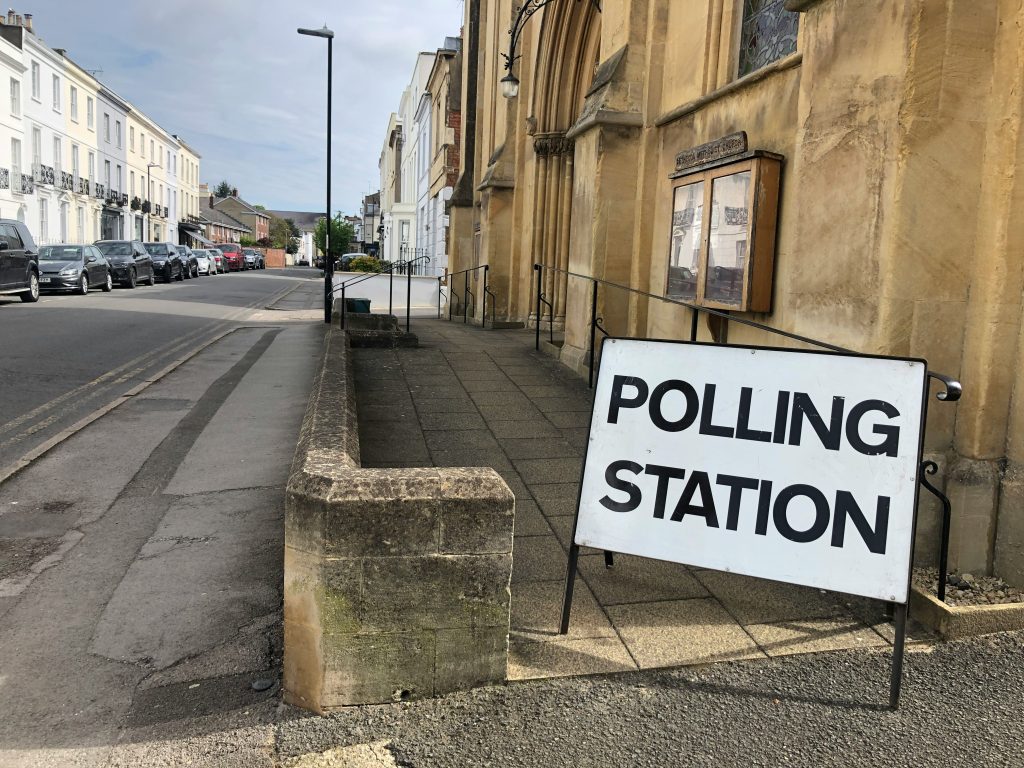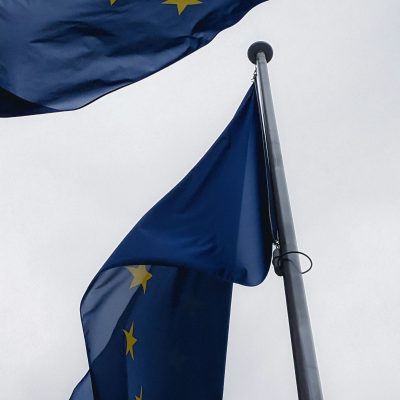Policy Paper
13/05/14European elections: the abstention trap

Abstention is a normal occurrence for an election taking place at a “federal” level, i.e. less close to the man in the street than the national and local levels. But its constant rise since the first election in 1979 is monopolising the attention of observers and players in European parliamentary life to the point where it is overshadowing most of the causes of political and institutiona nature.
This Policy paper by Yves Bertoncini presents these main causes, on the basis of three complementary sets of analyses:
- The turnout rates at European elections: an illusory drop?
- Low turnout rates linked to a “civic bonding deficit” of the MEP’s?
- A natural turnout level for “subsidiary” elections: the European Parliament’s power deficit
Yves Bertoncini concludes his Policy paper underlining the need to put into perspective the low level of the turnout rate at European elections, which suffer from a proximity deficit, but not from a legitimacy one.




